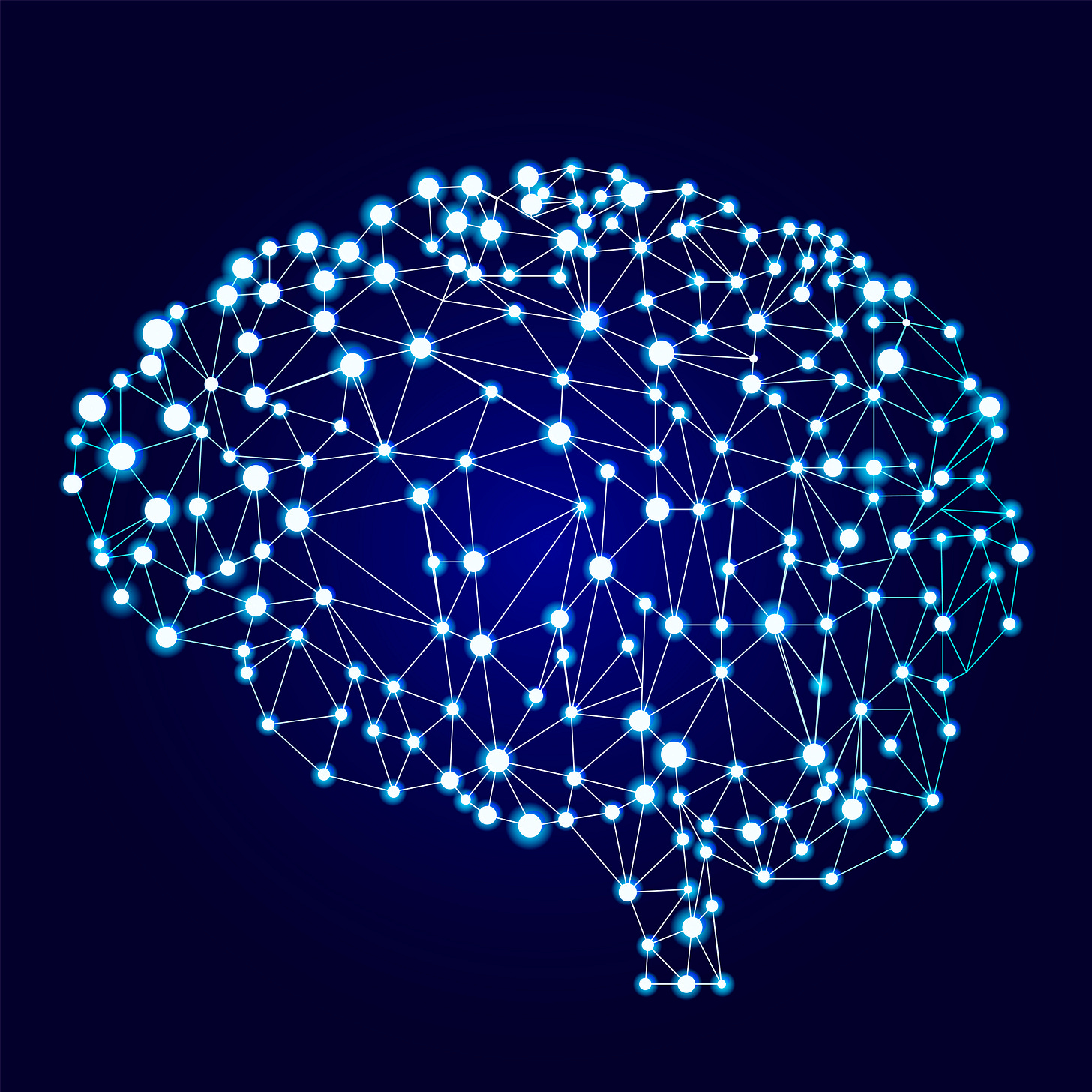Global Priorities for AI Safety.
Welcome to our newsletter, where we delve into the latest developments and insights in the world of artificial intelligence (AI) safety. In this edition, we focus on a recent statement released by the Center for AI Safety, highlighting the urgency of mitigating the risks associated with AI and positioning it as a global priority alongside other societal-scale risks such as pandemics and nuclear war.
The statement has gained significant attention due to its distinguished signatories, including OpenAI CEO Sam Altman. Notably, Altman had previously criticized an open letter for lacking technical nuance, but he now joins the ranks of those emphasizing the need to address AI risks promptly. This united call to action reflects a growing recognition of the importance of responsible development and regulation of AI technologies.
We also now have Google DeepMind CEO Demis Hassabis and Anthropic president Daniela Amodei, and “godfather of A.I.” Geoffrey Hinton, who we now know was holding back from criticizing any company while he was still in Google’s employ (he quit last month before embarking on an A.I.-threatens-us-all doom tour). Microsoft CTO Kevin Scott is there. No Musk or Woz, though, and no one from Meta—as a press release about the statement notes pointedly.
The signatories of the new statement also include a bunch of big names from outside the tech sphere, such as Harvard constitutional law guru Laurence Tribe, former Estonian President Kersti Kaljulaid, and the prominent environmentalist Bill McKibben.
We should be concerned by the real harm that corps and the people who make them up are doing in the name of ‘A.I.’, not about Skynet,” tweeted the prominent computational linguist Emily Bender, who had long taken this view of such calls.
The new statement is concise, but its impact is significant. It has sparked conversations about the potential dangers of AI and the necessary steps to mitigate those risks. Kriti Sharma, Thomson Reuters’s legal tech chief product officer and founder of the AI for Good organization, agrees with the signatories' recognition of AI's potential risks and the collective responsibility to take appropriate measures to address them. Sharma emphasizes the importance of fostering trust and accuracy in AI technologies.
However, she also highlights that we should look beyond the risks and acknowledge the enormous positive potential that AI holds for society. From facilitating access to justice to opening up healthcare services for underserved communities, AI can be a powerful tool for social progress. To harness these benefits while maintaining safety and transparency, Sharma stresses the need for industry and government collaboration to establish a balanced framework.
As regulations on AI continue to evolve, it is essential for us to stay informed and engage in meaningful discussions. This is a pivotal moment where we can shape the future of AI in a way that protects humanity while unlocking its vast potential for societal good.
We encourage you to take a deeper dive into the full statement by visiting the link below:
In addition to the insights discussed above, we have also compiled some other noteworthy developments in the field of AI:
Growing Concerns: The rising concerns over AI's potential misuse have prompted discussions about the need for increased regulations and ethical considerations. Experts and policymakers are exploring ways to ensure responsible AI development and deployment.
Collaborative Efforts: Governments, organizations, and researchers are working together to address AI safety. Collaborative initiatives, such as the Partnership on AI and AI for Good, aim to foster global cooperation and promote the responsible use of AI technologies.
Public Awareness: As AI becomes more ingrained in our daily lives, public awareness and understanding of its implications are crucial. Educational campaigns and initiatives are being launched to promote AI literacy and facilitate informed discussions about its benefits and risks.
Ethical Guidelines: Various institutions and industry bodies have released ethical guidelines for AI, emphasizing principles such as fairness, transparency, accountability, and human oversight. Adhering to these guidelines is vital for building trust and ensuring the responsible development of AI systems.
AI Governance: Policymakers are grappling with the challenges of AI governance. Striking a balance between fostering innovation and protecting societal interests is a complex task, requiring collaboration between governments, industry stakeholders, and researchers.
As AI continues to advance, it is our collective responsibility to shape its trajectory for the betterment of humanity. By recognizing the risks, exploring the potential, and working together, we can create a future where AI benefits all of society.
Thank you for being a part of our newsletter community. Stay tuned for more updates and insights on AI safety and its impact on our world.


